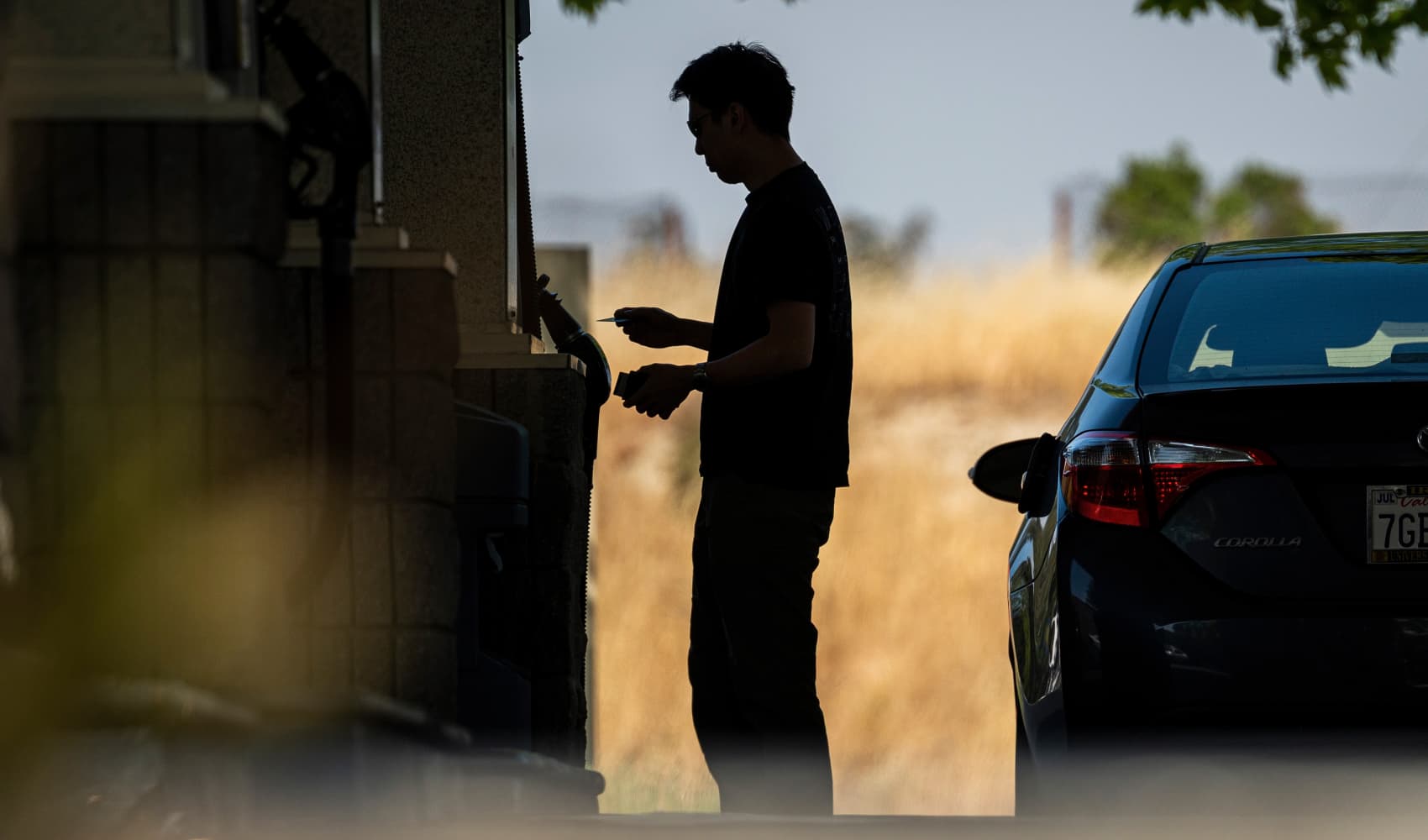
If you've ever been surprised by an unexpected out-of-network medical bill, some protections are on the way.
Starting Jan. 1, 2022, the "No Surprises Act" consumer protection law goes into effect. This legislation will ban most forms of surprise billing, or balance billing, in which a person unknowingly gets medical care by a provider outside their private insurer's network, even when visiting an in-network facility.
It's a common scenario that happens in about 1 in 5 emergency room visits, according to the Kaiser Family Foundation. Even if you're careful to choose an in-network physician or facility, part of your visit might require ancillary service providers not covered by your insurance, such as anesthesiologists, radiologists and intensivists.
These ancillary services are often in the same building as an in-network provider, which only adds to the confusion of what's actually covered through insurance, says Patricia Kelmar, a director of health care campaigns at U.S. PIRG.
Get Connecticut local news, weather forecasts and entertainment stories to your inbox. Sign up for NBC Connecticut newsletters.
"It takes advantage of people at their most vulnerable moment," she says, arguing that patients are not in a good position to police their insurance coverage, particularly when receiving emergency care.
"It's not like you're given a bunch of offers of who you can choose as a provider," Kelmar adds. "The last thing you're doing at that point is checking network status and asking for cost estimates."
How the surprise medical bill protections will work
Money Report
The new rules apply to private insurers, including those provided through the Affordable Care Act's marketplace (surprise billing is already banned under Medicare and Medicaid).
As of Jan. 1, patients shouldn't receive a surprise medical bill from an out-of-network provider in the following scenarios:
- When you receive emergency care in an emergency room
- When you receive any care at an in-network health-care facility
- When you are transported by an air ambulance (airplane or helicopter)
As well, emergency care providers can't charge you out-of-network rates for services rendered once you're in stable condition, unless you provide consent and you're able to freely travel on your own to an available in-network provider.
In these scenarios, the consumer will no longer be the middleman between their provider and insurer, and will only pay for in-network costs. Any outstanding balance will have to be settled between insurers and the out-of-network medical providers. The law gives insurers and these providers 30 days to sort out discrepancies, and there's a new arbitration process for them to settle their disputes.
Limitations to consider
Location matters. These new federal protections only apply to emergency rooms or departments, and urgent-care centers that provide emergency services. They also apply for hospitals, hospital outpatient departments and ambulatory surgery centers that are in-network.
However, these protections don't apply to non-emergency services provided in other facilities like addiction treatment facilities, birthing centers, clinics, hospice, nursing homes, or urgent-care centers that aren't licensed to provide emergency services. You'll always want to check that these facilities and the services they provide are in-network, particularly for urgent-care centers.
The No Surprises Act also won't cover ground ambulance transportation, even though you have almost no control over who provides the service. That means you still might receive an out-of-network balance bill for an ambulance. Some states do offer surprise bill protections specific to ground ambulances, otherwise Your best bet is to call the ambulance provider and try to negotiate your bill, Kelmar says.
How to protect yourself from a surprise bill
When dealing with a health-care provider, it can sometimes be difficult to get a straight answer on exactly what's covered by your insurer. Kelmar suggests asking, "Are you part of my plan's network?" rather than, "Do you take my insurance?" as that will tell you more about what to expect for actual costs.
Out-of-network doctors may ask you to sign the Surprise Billing Protection Form. Kelmar recommends that you don't sign it until you've read it fully, you have a full estimate of charges and are willing to pay that amount.
Emergency physicians or facilities, assistant surgeons, anesthesiologists, radiologists, hospitalists and intensivists are not allowed to ask you to sign this form. If you do end up signing this form, and it's $400 higher than the estimate, you can dispute the bill by filing a complaint online here or by calling 1-800-985-3059.
If you receive a surprise medical bill after Jan. 1, 2022, contact both the provider and your insurer immediately. If they still insist on payment, you can file a complaint within 120 days online here, or by calling 1-800-985-3059.
Sign up now: Get smarter about your money and career with our weekly newsletter
Don't miss: Aiming to buy a home in the next year? Do these 4 things






